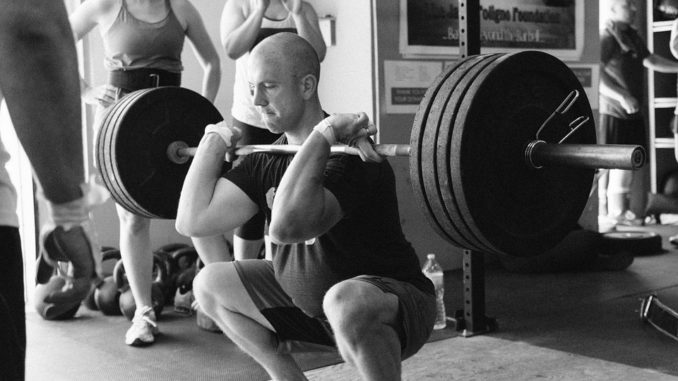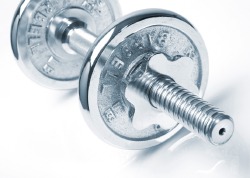
How much time do you spend working out?
Is it one hour a day, two hours, or more?
If you’re constantly sore and tired, you might be overtraining. This problem is quite common among regular gym goers, athletes, and bodybuilders. Some experts say that overtraining is just a myth. Others claim the opposite. Who is right and who is wrong? Let’s find out the truth about overtraining!
What Does Overtraining Mean?
Overtraining occurs when an athlete pushes his limits too far and performs more training than he/she can handle. This leads to muscle aches, soreness, fatigue, inflammation, and decreased physical performance. Many pro athletes need weeks or months to recover from overtraining and get back on track.
There is a point where exercise becomes counterproductive. Overtraining won’t make you leaner, faster, or stronger. It can actually hinder your progress and cause muscle loss. Your body needs time to repair damaged tissues and build muscle. If you train too hard, your cortisol levels go up. Cortisol, the stress hormone, keeps you from losing weight and sends your body in a catabolic state.
Yet, some claim that there is no such thing as overtraining. If you eat enough calories and macros, rest well, and avoid stress, your body should be able to recover properly. While this may sound good in theory, it rarely happens in the real life.
Unless you’re an athlete with years of experience, it’s hard to avoid overtraining through diet and rest. Even pro athletes can easily slip into an overtrained state when preparing for a race or bodybuilding contest.
Do You Train Too Hard?
Overtraining can be defined as an imbalance between exercise and recovery. If you’re constantly in pain and feeling tired, you might be training too much. Soon you’ll hit a plateau, experience flu-like symptoms, or lose your interest in exercise.
Common Symptoms of Overtraining Include:
- Tiredness and fatigue
- Gaining weight despite training hard
- Poor sleep
- Restlessness
- Mood swings
- Odd aches and pain in your joints
- Feeling drained after a good workout
- Getting sick more often than usual
- Altered resting heart rate
- Constant thirst
- Muscle soreness that doesn’t go away
- Depression and irritability
- Difficulty concentrating
- Frequent injuries
- Loss of motivation
- Fitness/weight loss plateaus
These problems can interfere with your workout and drain your energy. Overtraining also increases the risk of injury because your body doesn’t have enough time to fix damaged tissues.
Overtraining or Lack of Motivation?
However, it’s important to make the difference between overtraining and fatigue or lack of motivation. If you simply work out three to five days per week for about 90 minutes and then go home or return to your job, it’s unlikely that you’re overtrained
Some athletes, on the other hand, train twice a day, prep their meals, follow strict diets, and handle two or three jobs at the same time. These factors combined can lead to overtraining.
If it takes you too long to recover from exercise, tweak your diet and get more rest. Adequate recovery and nutrition play a key role in muscle repair. To prevent overtraining, get enough protein in your diet and take supplements if needed. BCAAs, amino acids, glutamine, creatine, nitric oxide boosters, and post workout formulas can speed up recovery and ward off fatigue. Listen to your body and react accordingly. Remember that more isn’t always better.




Be the first to comment